Revenue & Reimbursement
Healthcare reimbursement is payment that a hospital, diagnostic imaging facility, subspecialty department or healthcare providers receive for performing a service. This also includes individual radiologist or cardiologist reimbursement and billing and coding rules for submitting claims.
Displaying 1 - 8 of 157

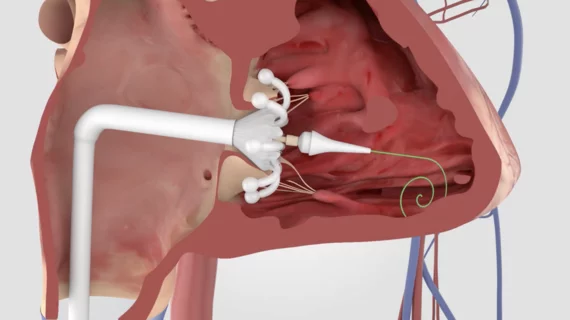
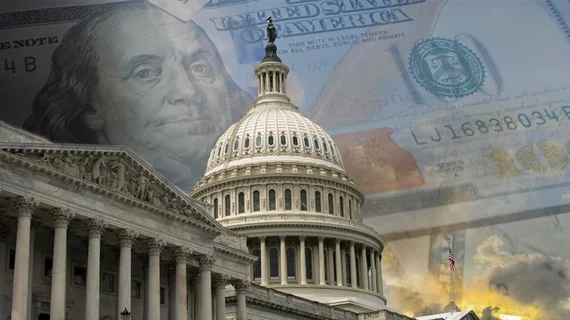

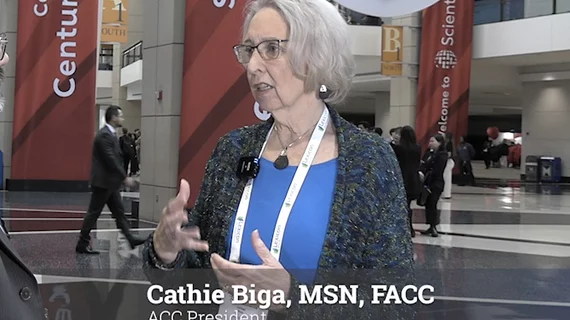

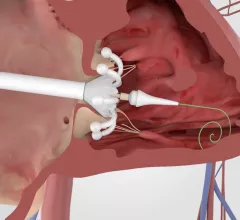
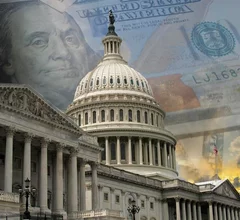

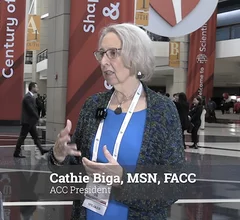

![The use of intravascular lithotripsy (IVL) during percutaneous coronary intervention (PCI) is still safe and effective when patients present with calcified nodules (CNs), according to new long-term data published in EuroIntervention.[1] Researchers compared outcomes from patients with and without CNs, highlighting key similarities in stent expansion and luminal gain.](/sites/default/files/styles/240x220/public/2024-12/screenshot_2024-12-02_at_11.07.21_am.png.webp?itok=d6Myns-z)